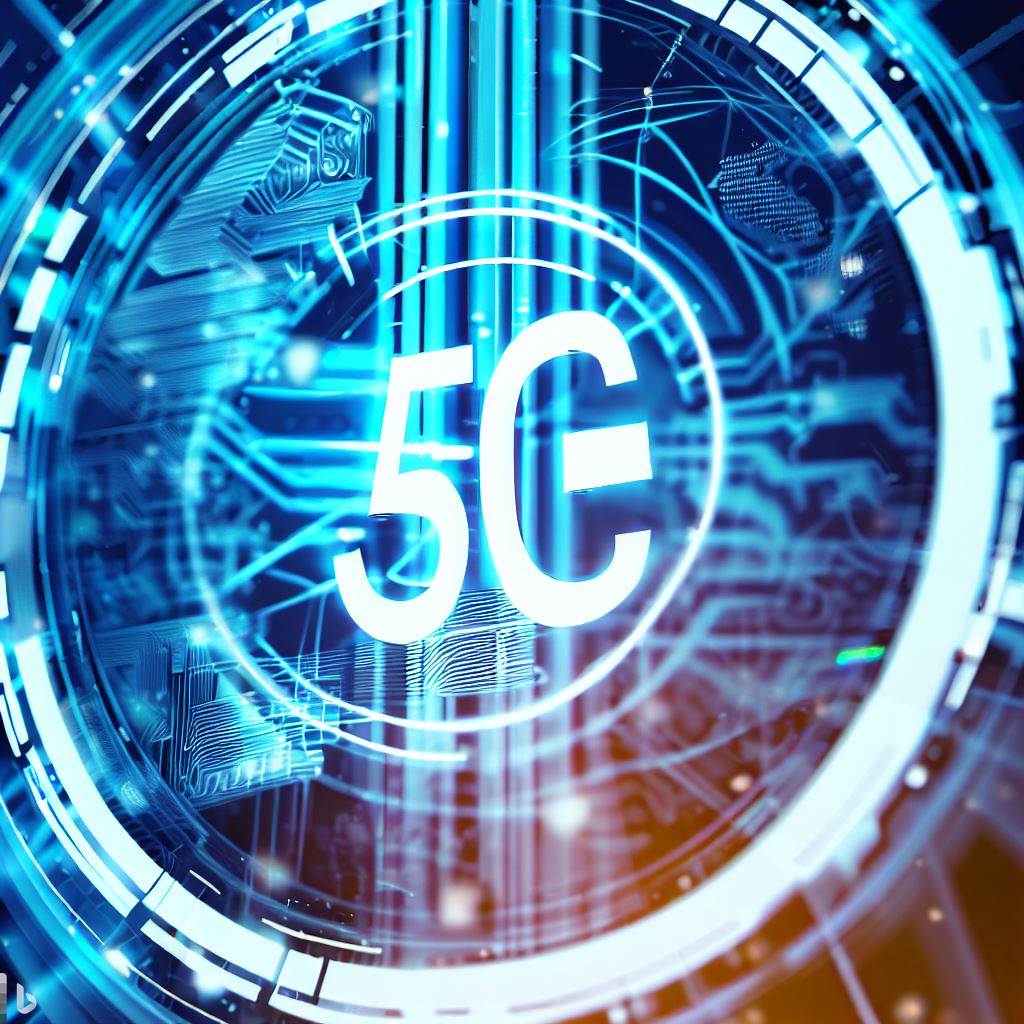
The advent of 5G represents a major step forward in cellular technology. It’s not just an upgrade from its predecessor, 4G; it’s a significant leap that promises to reshape various sectors, from telecommunications to healthcare, manufacturing, and beyond. Here’s what the future might hold for 5G:
1. Enhanced Mobile Broadband (eMBB):
- Higher Speeds: The average user will experience data speeds many times faster than what 4G LTE offers, enabling instantaneous downloads and high-quality video streaming.
2. Mass Connectivity:
- Internet of Things (IoT): 5G is expected to connect billions of devices, facilitating the growth of the IoT ecosystem. This will enhance smart cities, smart homes, and the overall integration of connected devices.
3. Ultra-Reliable Low Latency Communications (URLLC):
- Critical Communications: 5G will support applications requiring ultra-reliable communication, such as remote surgery, autonomous vehicles, and industrial robotics.
4. Edge Computing and Network Slicing:
- These technologies will allow businesses to tailor their network capabilities according to specific needs, thus creating customized experiences and optimizing resource usage.
5. Expansion of Coverage:
- The deployment of 5G infrastructure, including small cells, will continue to expand, covering urban, suburban, and eventually, rural areas.
6. Augmented Reality (AR) and Virtual Reality (VR):
- The ultra-fast speeds and reduced latency of 5G will supercharge AR and VR experiences, making them more immersive and widespread.
7. Industry 4.0:
- 5G will be a linchpin in the evolution of smart factories, where automation, AI, and real-time data analytics will drive productivity.
8. Improved Health Services:
- Beyond remote surgeries, 5G will enable real-time health monitoring, enhancing telemedicine and patient care.
9. Autonomous Vehicles:
- 5G will be critical for the seamless operation of self-driving cars, ensuring they communicate effectively with other vehicles, infrastructure, and pedestrians.
10. Enhanced Gaming:
- Cloud gaming will benefit immensely from 5G, allowing gamers to play high-end games on any device without the need for powerful hardware.
11. Integration with Satellite Networks:
- This will ensure that 5G services can be accessed in remote areas, on ships, planes, and other areas where traditional coverage might be sparse.
12. Enhanced Security:
- With an increasing number of connected devices, security becomes paramount. 5G networks will employ advanced security protocols to protect against cyber threats.
13. Environmental Monitoring:
- 5G networks can facilitate real-time environmental monitoring, assisting in the early detection of natural disasters and tracking climate change.
14. Economic Growth:
- The rollout of 5G will spur economic growth, with new jobs created in the infrastructure, development, and application sectors of 5G.
15. Evolution to 6G:
- Even as 5G starts its global dominance, research into 6G will begin, promising even greater advancements in the realm of mobile communications.
In summary, while the initial rollout of 5G focuses on enhanced mobile experiences, its long-term impact will be multifaceted, transforming industries and reshaping the way we interact with technology. The future of 5G is not just about faster internet on our phones; it’s about interconnecting the world in ways previously deemed impossible.
